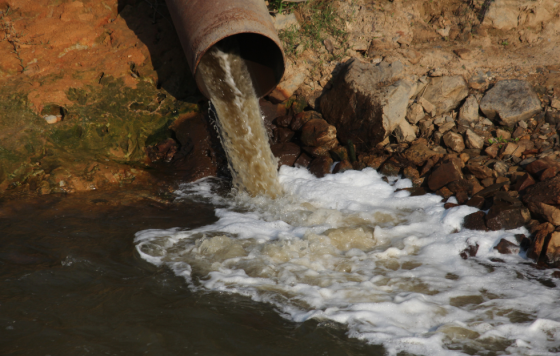Why you should oppose the Keystone XL pipeline:
1. It will not create a significant number of lasting construction jobs. The jobs will be short lived and very few permanent jobs will result if construction is completed.Alternative: Work to create jobs that improve energy efficiency in the heating, cooling, and lighting systems of America's existing residential, commercial, and industrial buildings, a long term commitment that will reduce energy bills and pollution.
2. The oil from the pipeline will be sold on the global market. If the past is any indicator, the majority will be purchased by foreign companies and therefore will not lower our gas prices. 3. The oil industry has a long history of pipeline leaks which have resulted in decades of negative impacts on the ecosystems, environment, and local economy. The toxic chemicals added to the tar sand product to enable it to flow through the pipeline would make any spill (and there will be spills) a long term environmental and financial disaster for the citizens impacted. 4. The ranchers and native people of Nebraska have made it very clear that they do NOT want their land and drinking water put at risk by this pipeline. 5. The vision statement from our own NH Office of Energy Planning emphasizes more local, decentralized, and renewable energy. The majority of fuel sources encouraged for development are renewables, with natural gas the only fossil fuel listed. It reads, in part,“In 2025, the residents and businesses of New Hampshire have many choices in the fuels they use for power, heat, and transportation. …. consumers use the diversity of available fuels and the interconnected relationship of energy used across the electric, thermal, and transportation sectors to their benefit – storing electricity in the batteries of their electric vehicles, or powering air-source heat pumps with energy generated from their rooftop solar panels as examples. By embracing a diverse and interconnected set of energy solutions, these systems promote the self-reliance of both individual communities and New Hampshire as a whole. The options for both power generation and building heating are enhanced by a boom in home-grown clean energy from New Hampshire - keeping dollars in state and reducing pollution."
This should be our national vision as well. Excavating tar sands, which requires more energy than it produces, is the complete antithesis to this vision. Approval of this massive project implies approval of continued dependence on this very dirty fuel for decades to come. Please work toward 21st century energy generation and a modern electrical grid. America will fall behind if it does not embrace the new technologies available and allows the continued pollution of our air, water and land by the excavation of fossil fuels to guide our thinking. -- Marjorie Rogalski, Hanover, NHHow did Sens. Shaheen and Ayotte respond?
"I support and have voted in favor of efforts to approve the Keystone XL pipeline." -- Sen. Ayotte
"I am concerned the Keystone XL pipeline's resulting oil products could be exported out of the U.S. and also believe we must be mindful of the greenhouse gas implications of the current methods of extracting and processing these resources. By some estimates, such emissions are three times as high as those from conventional oil production." -- Sen. Shaheen
How might your U.S. Senators or Representative respond? Climate change means water change. Some of the first and most severe impacts affect us through our water. Tar sands oil production consumes and pollutes huge quantities of water. When pipeline spills happen, clean water is often the first casualty, and the proposed pipeline route traverses many irreplaceable water supplies. Anyone who cares about clean water has a stake in this issue and should not remain on the sidelines.

